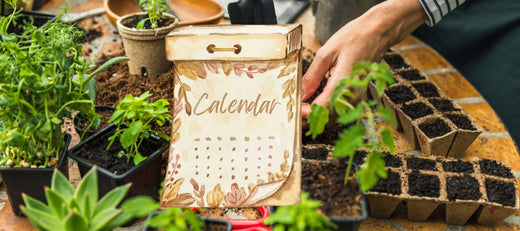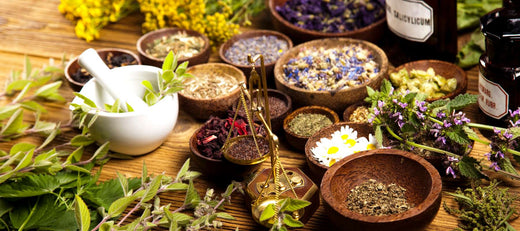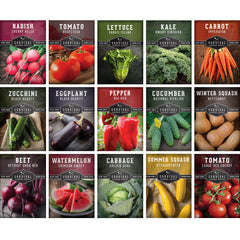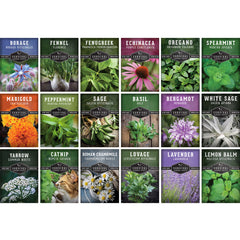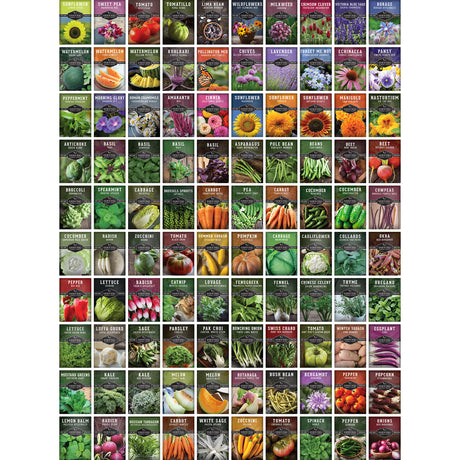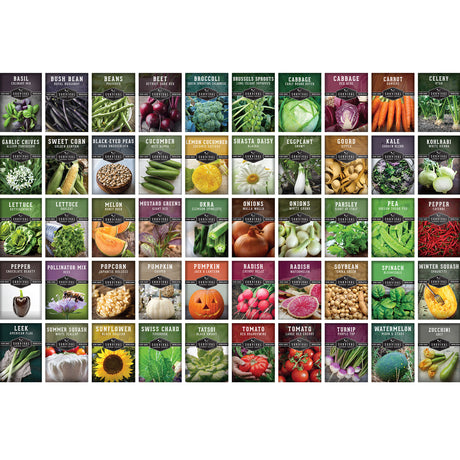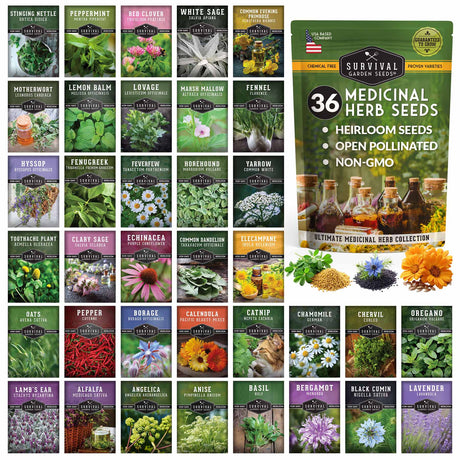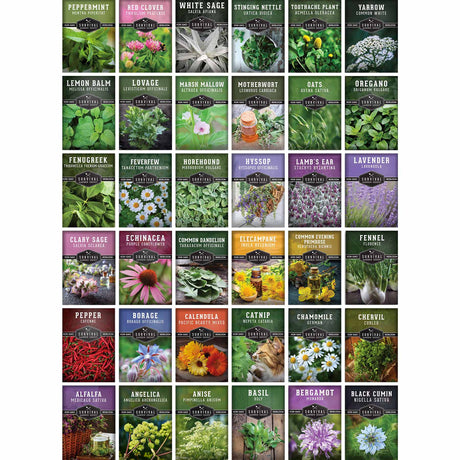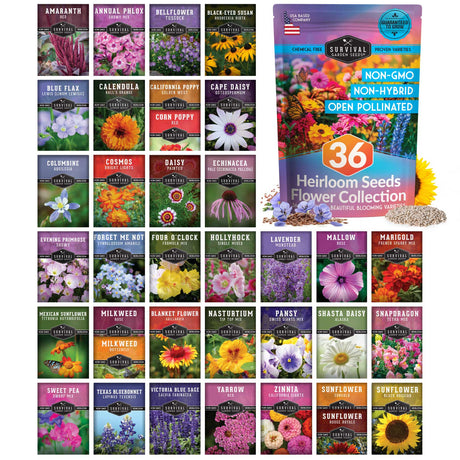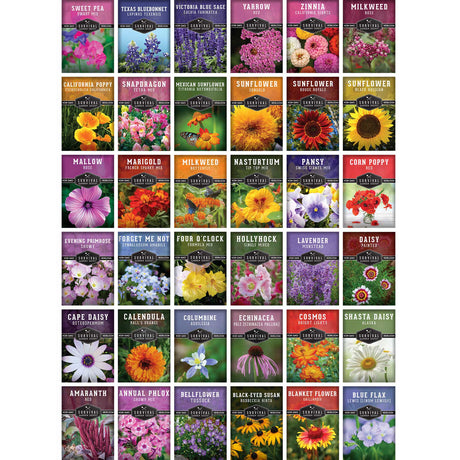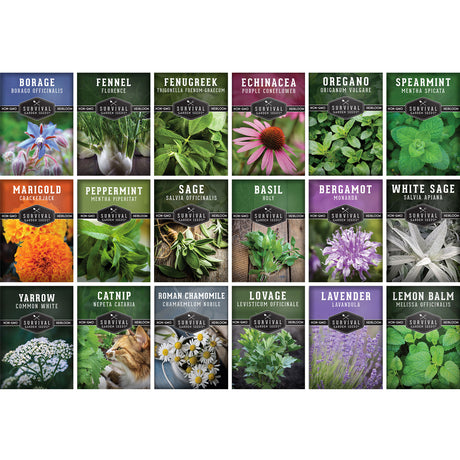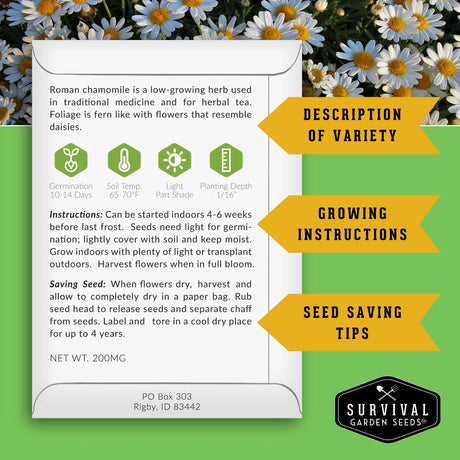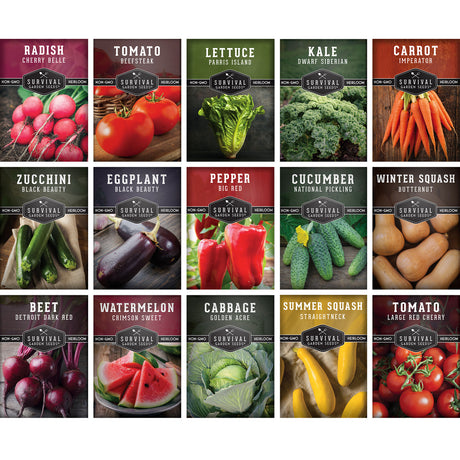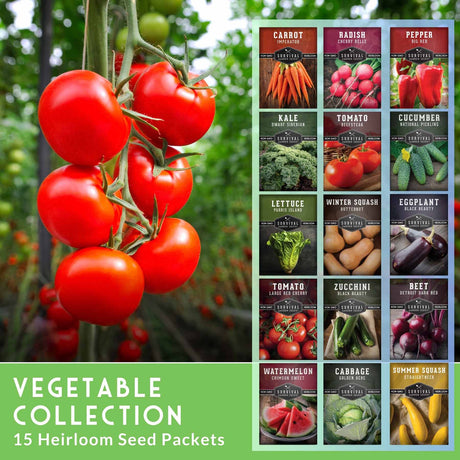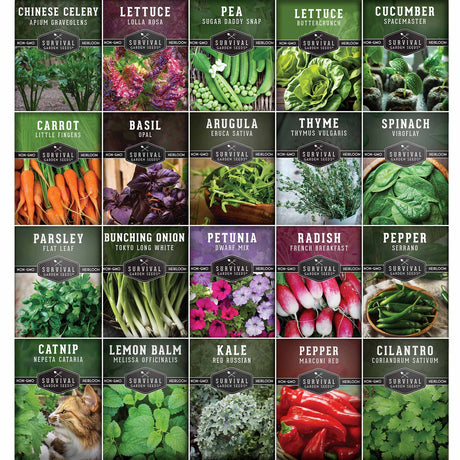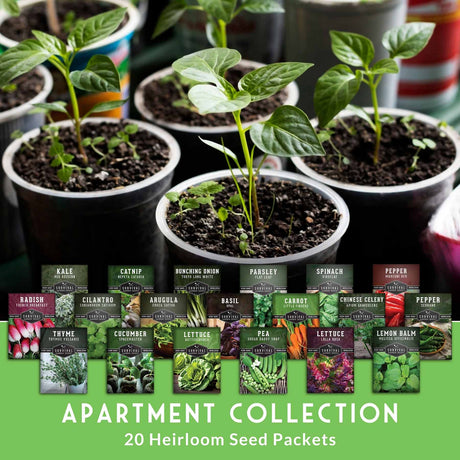The Survival Garden Seeds team loves lemon balm. This lovely perennial comes up all the time in our discussions of herb gardens, favorite plants to grow, and beneficial herbs. It’s incredibly easy to grow and has a plethora of uses. It repels mosquitos and other pests, smells great, and makes pollinators happy. It’s also a fantastic culinary and medicinal herb. If you haven’t discovered the joys of lemon balm for yourself, you should get to know this incredible plant.
Meet Melissa (Officinalis), Your New Best Friend

In casual conversation, most people will refer to the herb as lemon balm. In the world of botanical science and herbal medicine, you may run across the botanical name Melissa officinalis, especially in ingredient lists or scientific studies. This adaptable plant comes from the Mediterranean region, Central Asia, and southern Europe, but it can grow almost anywhere and has spread all over the world. Lemon balm is a perennial herb in the mint family with bright green leaves that have a delightful lemony scent. Full-grown plants will produce small white or yellow flowers and can reach up to 3 feet tall.
Growing Lemon Balm from Seed
Although lemon balm seeds are small, they’re easy to handle. Sprinkle the seeds over the surface of well-drained soil or planting medium and press them lightly. They need light to germinate, so don’t bury them too deep. If you're starting indoors, you can start them about 8 weeks before your last expected frost date to have them ready to transplant in spring. The seeds usually germinate in a week or two.
Where Can I Plant Lemon Balm?

Lemon balm is a very tolerant plant that can grow in various soil types and conditions. If you’ve got a spot that is challenging to grow in, lemon balm might be the perfect solution! It prefers well-drained soil that’s rich in organic matter, but it can adapt to less-than-ideal conditions, too. A sunny spot is best for big, bushy plants, but lemon balm also tolerates partial shade and can be grown indoors easily. In fact, the most important consideration when planting lemon balm might be containing its growth habit. It can be a vigorous spreader, and it self-seeds easily, so your best bet is to either give it some room to spread or keep it confined. It will do quite well in containers and raised beds, so you’ve got a lot of options.
Harvesting Lemon Balm
Once your lemon balm is well established and flourishing, you can harvest the leaves whenever you want. As with most herbs, morning is the best time to harvest for full flavor and more concentrated oil content. Simply snip or pick leaves or stems as needed, making sure to leave enough leaves behind for healthy growth.
Using Lemon Balm In the Kitchen
Lemon balm’s lemony fragrance and flavor make it a delightful culinary choice. Add the fresh leaves to salads, pastas, and fruits. It makes a cheerful sunny pesto that has a bright, citrusy flavor. It can add a special dimension to lemonade or baked goods. It’s also a lovely choice for herbal oils, butter, and vinegar. It can even be made into delicious syrup or candy. Lemon balm is also a perfect choice for herbal tea.
Lemon Balm Tea

A cup of soothing lemon balm tea is delicious on its own, and it’s also the perfect way to soothe frazzled nerves, get ready for bed, or promote focus. This popular use of the herb combines both its medicinal and culinary benefits. To make lemon balm tea, steep fresh or dried leaves in hot water for about 5-10 minutes. Enjoy hot or iced, with a little honey or plain. Lemon balm is quite nice combined with other soothing herbs like chamomile, holy basil, or peppermint.
As a Medicinal Herb
Lemon balm has been used for centuries in both Iranian and European traditional medicines. It can be used in various preparations, including as an infusion, salve, or even as an essential oil. Lemon balm has been studied by modern scientists for its potential usefulness in supporting those with sleep disruptions, depression, anxiety, and other mental health complaints. It also has shown potential health benefits related to its antioxidant power, usefulness as an antiviral, as a digestive aid, and for helping to regulate the cardiovascular system.
Adding Lemon Balm to Your Garden
As a companion plant, its lemony aroma serves as a natural pest deterrent, helping to ward off insects like mosquitoes and ants and protecting other plants. The tiny flowers attract pollinators like bees, which is a big plus for your garden's fertility and the overall ecosystem. Its relatively rapid growth can also act as a living mulch, providing ground cover that helps retain soil moisture and suppress weeds.
Lemon balm is a wonderful plant that deserves a place in the garden. If you’ve never grown or used this lovely perennial, give it a try! You’ll be delighted with these beautiful, useful plants, and you’ll soon have more than enough plants to share with friends and neighbors.


